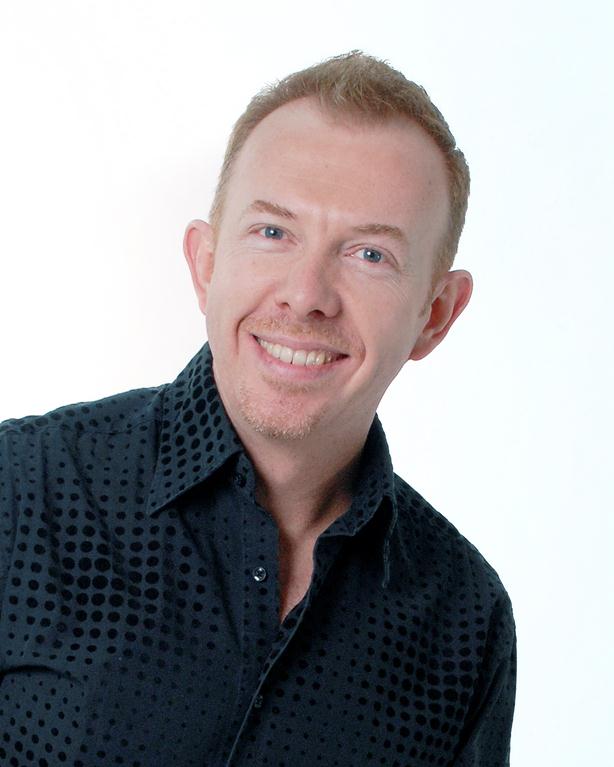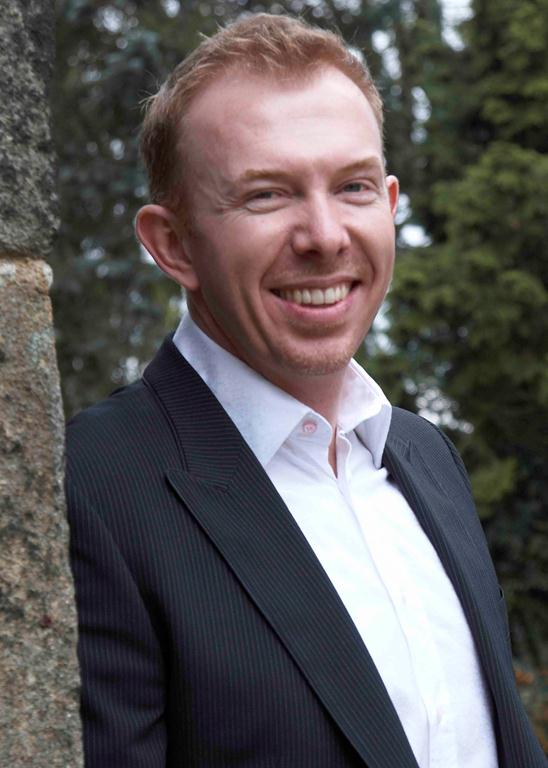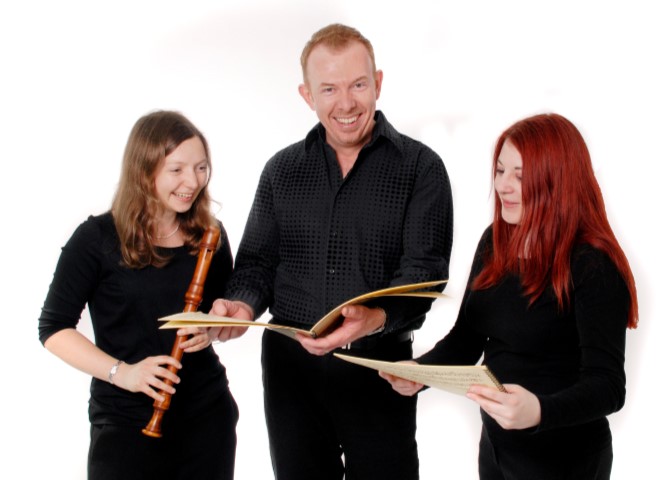ABOUT
|
Glenn made his professional singing debut at the 25th Handel Festival in Karlsruhe, Germany, where he played Adelberto in Ottone, conducted by Charles Farncombe CBE. Since then he has played several lead Handel opera roles including Julius Caesar and Ruggiero in Alcina for the Handel Opera Society, Rinaldo at the Bloomsbury Theatre, London, Apollo in Parnasso in Festa and Tirinto in Imeneo with Baroque Encounter at St. John's, Smith Square in London, and Giulio Cesare (cover) for Bury Court Opera.
Other opera roles have included Oberon in Britten’s A Midsummer Night’s Dream (ENO Baylis) Silvio in Handel’s Il Pastor Fido, Cupid in John Blow’s Venus and Adonis, Spirit in Purcell’s Dido and Aeneas, and Venus in a concert performance of Pepusch’s Venus and Adonis. Glenn was delighted to be part of the Stanton St John Opera performances of a new work Lizzie Strata – Make Love, or War? by Roger Simmonds and David Willcock. With Baroque Encounter he has also presented semi-staged performances of three of Handel’s early dramatic cantatas, including Il duello amoroso and O come chiare e belle. Glenn was a soloist for the modern-world premiere performance of the rediscovered Mozart orchestration of Handel’s Judas Maccabaeus for John Pryce-Jones and the Halifax Choral Society, broadcast on BBC TV (UK) and on Trio Arts Channel (USA). He was also in the team of soloists presenting the premiere performances of the new English translation by Neil Jenkins of Handel's Brockes' Passion. His other concerts have incorporated most of the core repertoire for counter tenor including Bach's St Matthew Passion, and Handel's Messiah with the Halifax Choral Society, and also with Choros and the Oxford Sinfonia, the first performance of a Bach passion (St John Passion) at Douai Abbey, Bach’s Mass in B minor in Cambridge and Reading, Purcell’s Come ye sons of art away and Mozart’s Coronation Mass for the Queen’s Golden Jubilee at St. Alban’s Cathedral, and both Vivaldi’s and Pergolesi’s Stabat Mater. His performances have contributed to festivals around the UK including the Chichester, Chelsea, Rye, Dulwich, Shipton, Tudeley, Hurstpierpoint, Wandsworth, Edinburgh Fringe and Pennine Spring festivals, lute songs at Hampton Court Palace, St John’s College Chapel, Cambridge, and arias for counter tenor, oboe and orchestra in London and Brighton. In recital Glenn has performed at St John’s, Smith Square, the National Portrait and Dulwich Picture galleries, Banqueting House, Handel & Hendrix in London (formerly Handel House Museum), Chelsea Arts Club, 1901 Arts Club, Foundling Museum, and Brunswick House. He has performed in Sweden, Germany, Hungary, Cyprus, Ireland, France and his native Australia. Although, unsurprisingly, he specialises in music from the baroque period, his repertoire extends well beyond early music and he has given recitals of Finzi’s Let us garlands bring, Berlioz’s Les nuits d’été, and Britten’s canticle Abraham and Isaac. In 2012 Glenn was invited to join the vocal ensemble Illustra as an additional member to perform Buxtehude's Membra Jesu Nostri and Purcell's Come ye Sons of Art along with renaissance madrigals and part songs. In 2013 he temporarily filled the countertenor/alto position in the four core members performing Buxtehude's Missa Brevis in Cambridge, and giving the world premiere performances of Jill Jarman's Revelation. Glenn had singing and voice production lessons from an early age but his more serious vocal training began in Australia with David Parker and Marie van Hove. For a period before moving to the UK he studied with Michael Dale from the NSW Conservatorium of Music. In London he was selected for the English National Opera Baylis Programme course, The Knack, focussing on the three core performance skills of music and singing, drama and acting, and movement and dance. Glenn then continued his private studies with The Knack’s artistic director Mary King with the assistance of the Tait Memorial Trust and the Concordia Foundation. He is very pleased to have had the opportunity of working with Alma Thomas in masterclasses, and vocal coaching with Robert Aldwinckle. With colleagues he established the early music ensemble, Baroque Encounter, to explore two main avenues of performance: costumed period performances of baroque theatrical works; and more intimate chamber music mostly in the form of a trio of counter tenor voice, recorder and harpsichord. |


